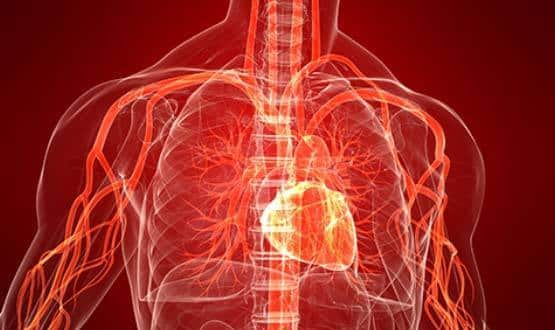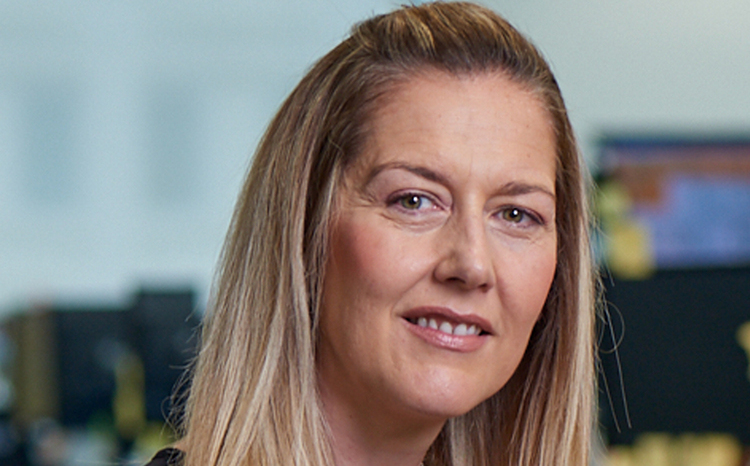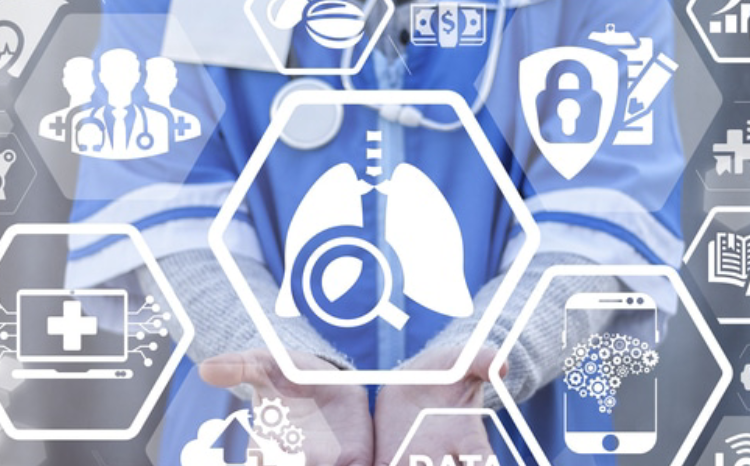Ultromics AI platform to expand trials to 20 NHS hospitals
- 29 May 2018

A British AI platform for assisting with the diagnosis of heart disease will enter trials with 20 NHS hospitals before the end of 2018, after securing £10 million in first-round funding.
UK start-up Ultromics has developed echocardiography analysis technology called Topological Analysis that claims to reduce errors diagnosing coronary artery disease by as much as 75%.
The machine learning platform is currently being trialled at six NHS hospitals, and after garnering interest from a number of trusts earlier this year, Ultromics has secured investment to expand trials to additional UK sites.
The fundraising was led by Oxford Sciences Innovation (OSI), with Neptune, RT Ventures, GT Healthcare, Tanarra, Fushia and personal investors Andre Crawford-Brunt and Dieter Spälti also participating.
The £10 million investment will be used to bring the technology to market in the USA, with Ultromics hoping to make it available in the UK from early 2019.
The company will also use the funds to further research and development into new diagnostic technologies for cardiology.
CEO Ross Upton said: “Our goal is to increase accuracy, consistency and efficiency in cardiology, providing patients with a reliable test and significant saving for healthcare systems worldwide.
“We’re delighted that we’ve secured this funding so we can commercialize this exciting technology and bring its benefits to patients everywhere.”
Ultromics was founded in May 2017 as a spin-out of Oxford University.
Its technology analyses echocardiogram images for signs of disease and is capable of spotting warning signs that might be missed by a clinician.
The algorithm has been trained with over 120,000 echocardiogram images collected by Paul Leeson, professor of Cardiovascular Medicine at the University of Oxford, who developed the underlying technology alongside Upton.
Speaking to Digital Health News in January, Upton said the AI platform could save the NHS £300 million a year by reducing the number of people who are incorrectly diagnosed.
Sir John Bell, Regius professor of medicine at Oxford, added: “Identifying individuals at high risk when they have coronary heart disease is a challenge. By using the huge amount of extra and smart information offered up by AI systems, we can identify people at risk, diagnose medical problems earlier and more precisely and identify who will benefit from what interventions.
“Ultromics is an exciting company to watch in this space and a good example of how industry and the NHS can work together effectively, which is a key goal of the UK’s Life Science Industrial Strategy.”
The UK has turned out a number of promising healthcare AI firms in recent years, one of the most well-known being BenevolentAI, which in April raised $115m (£86m) in funding to expand its capabilities in new drug discovery.




